Self-care and the Four R's of Resilience
Ken Horne, LCSW
University of Virginia FEAP Consultant
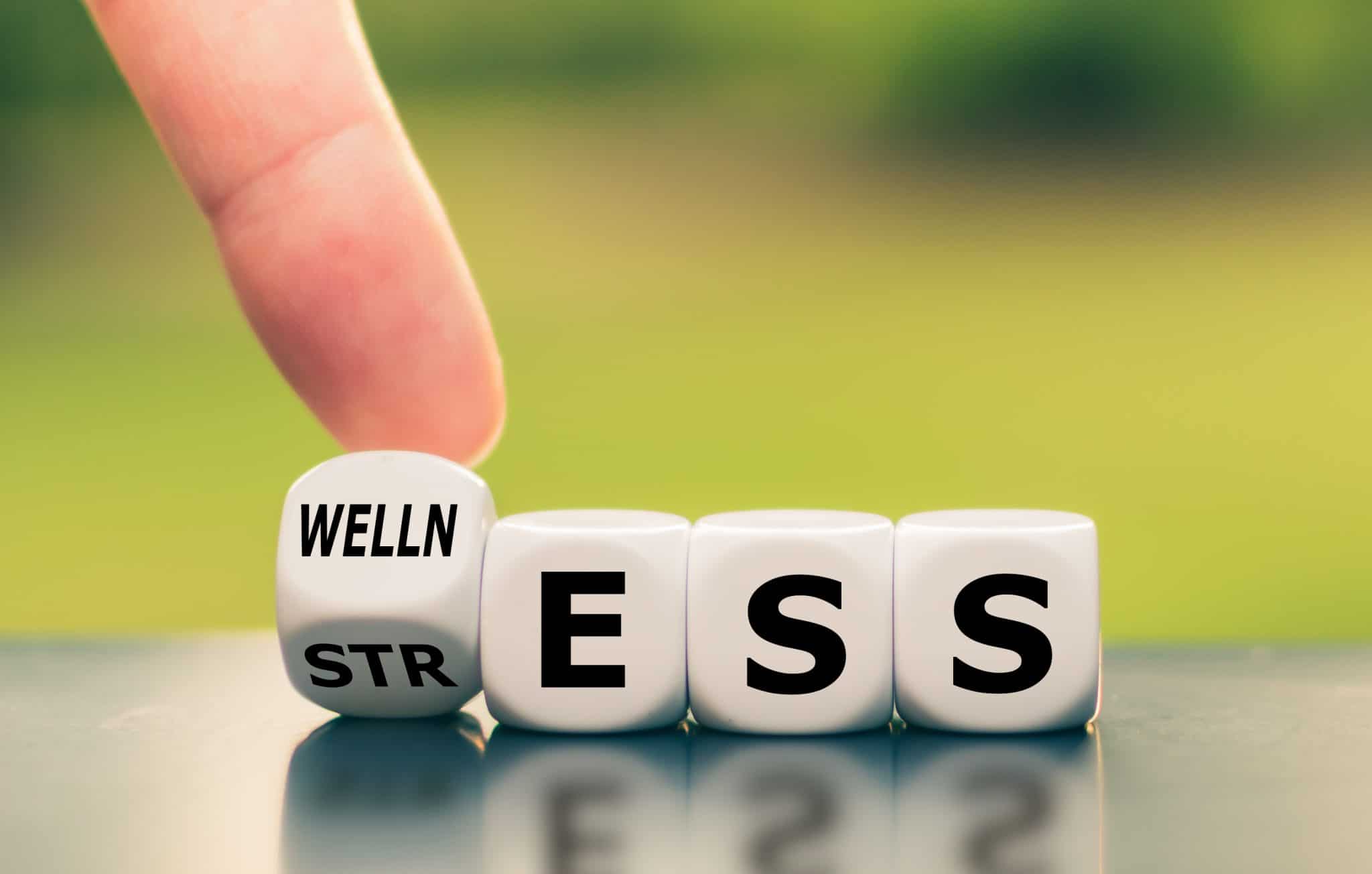
The Four R's of Resilience
As we near the end of 2020 and approach the holiday break, it is important to acknowledge what a difficult and unusual year this has been. While the country continues to cope with the unprecedented stress of the COVID-19 pandemic, educators have felt this pressure directly and have had to rise to the occasion with increased resilience and adaptivity. As teachers and administrators, you have been called to be flexible in meeting the needs of students during this challenging time. It is essential that your own needs for self-care and stress management are not overlooked.
Entering the winter season, it is increasingly evident that this is a marathon, not a sprint. While it is natural to feel a collective fatigue, we can also purposely tune into wellness strategies for resilience and sustainability to support ourselves and one another through this period. One helpful way to practice Self-Awareness Self-Care is to nurture a regular habit of checking in with yourself around The Four R’s of Resilience: Rest, Relaxation, Replenishment, and Release. These categories speak to four foundational pillars of personal wellness relating to sleep, stress relief, diet, and exercise. Positive outcomes are boosted when we intentionally foster these areas in our lives either individually or by buddying up or forming an informal self-care support group with friends or co-workers to consciously cultivate a culture of wellness and connection with self and others.
The Four R’s can be used as a tool or Inner Energy Gauge to assess your daily needs in the domains of physical, emotional, mental, and spiritual wellbeing. Just like a car making a cross country journey, our bodies need ongoing maintenance and refilling to keep going.
 The first “R” of REST speaks to your physical energy level. When assessing the need for rest or sleep, you might ask yourself how you are feeling physically or energetically. If you notice you are feeling tired, dull, or depleted, you might consider getting a few more hours of sleep regularly. National Sleep Foundation guidelines advise that healthy adults get between 7-9 hours of sleep per night, so this can be a critical and worthwhile core need to assess when feeling stressed or exhausted.
The first “R” of REST speaks to your physical energy level. When assessing the need for rest or sleep, you might ask yourself how you are feeling physically or energetically. If you notice you are feeling tired, dull, or depleted, you might consider getting a few more hours of sleep regularly. National Sleep Foundation guidelines advise that healthy adults get between 7-9 hours of sleep per night, so this can be a critical and worthwhile core need to assess when feeling stressed or exhausted.
The second “R” of RELAXATION is about making time to consciously relax and decompress during waking hours. Many people are busy all day long and assume that sleep is the only time for relaxation, but slowing down to build in pockets of purposeful relaxation (be it 5 minutes here or 1 hour there) during the day can profoundly boost sustainability and resilience. When assessing the need for relaxation and decompression, you might ask yourself if you are feeling any anxiety, tightness, or tension in the body. What is relaxing for one person’s nervous system may not be relaxing for the next person so it is important to ask yourself what would feel relaxing for YOU. Ideas worth considering include: Hand over heart breathing, talking to a friend, grounding, walking, time with pets, listening to music, taking a bath, getting a massage, sitting outdoors, watching something funny, mindfulness, cooking, crafting, connection to nature, reading, essential oils, meditation, guided relaxation, body scans, yoga, prayer etc.
The third “R” of REPLENISHMENT is about assessing your needs for dietary, social, or spiritual nourishment. Like vehicles, we benefit from being mindful of filling our metaphorical tanks. Here you might ask yourself if there are any food, diet, or hydration changes you might benefit from making. Replenishment can also be about assessing boundaries. Beyond our physical diet, we are also affected by the energy of news, media, music, books, nature, faith, relationships, and the judgments we make about ourselves. It can be helpful to assess if making any conscious shifts in these areas would serve you during this time. Might stepping outside for fresh air, deep breathing, or a quick walk be a good way to break up the day? Might making yourself tea and listening to music or reading be more replenishing than watching the news or scrolling social media before bedtime? Subtle changes in these areas can be surprisingly productive so ask yourself what needs nourishment at the levels of mind, body, or spirit and see if you can gradually start to meet these important needs for replenishment.
 The fourth “R” of RELEASE speaks to our need to purposefully off-load or process energy that is no longer serving us by holding it in. Release can come in many forms. Physical release through exercise is a primary way to shed excess energy, anxiety, and stress. Depending on your physical capacities and preferences, this can be anything from walking or running to dance or chair yoga. Alternatively, many people find meaningful release through creative expression, such as art, crafting, music, singing, or poetry. Still others find that journaling or talking with trusted people can be effective methods of release. If you feel you would benefit from connecting or sharing more with others, consider who within your network of family, friends, colleagues, or perhaps a professional counselor might be helpful to reach out to during this time.
The fourth “R” of RELEASE speaks to our need to purposefully off-load or process energy that is no longer serving us by holding it in. Release can come in many forms. Physical release through exercise is a primary way to shed excess energy, anxiety, and stress. Depending on your physical capacities and preferences, this can be anything from walking or running to dance or chair yoga. Alternatively, many people find meaningful release through creative expression, such as art, crafting, music, singing, or poetry. Still others find that journaling or talking with trusted people can be effective methods of release. If you feel you would benefit from connecting or sharing more with others, consider who within your network of family, friends, colleagues, or perhaps a professional counselor might be helpful to reach out to during this time.
One of the most important things to keep in mind when cultivating self-care and resilience is to keep it simple. Choose just a few achievable and resonant changes at a time and commit to practicing them consistently for 30 days. This time period allows the brain to start repatterning and developing new neuropathways around managing stress. Pausing to name how you’re feeling, consider your options, and cultivate affirming and validating self-talk can also be effective.
Additional Tips and Resources
For additional tips and strategies related to boosting resilience and stress management, feel free to explore the resources below and incorporate anything that seems like it might be helpful for you during this time.

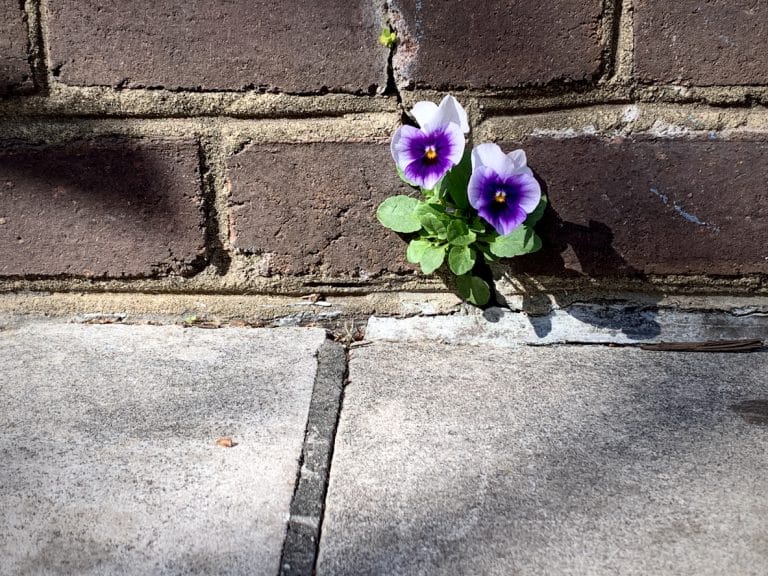
Anxiety Resilience Flyer
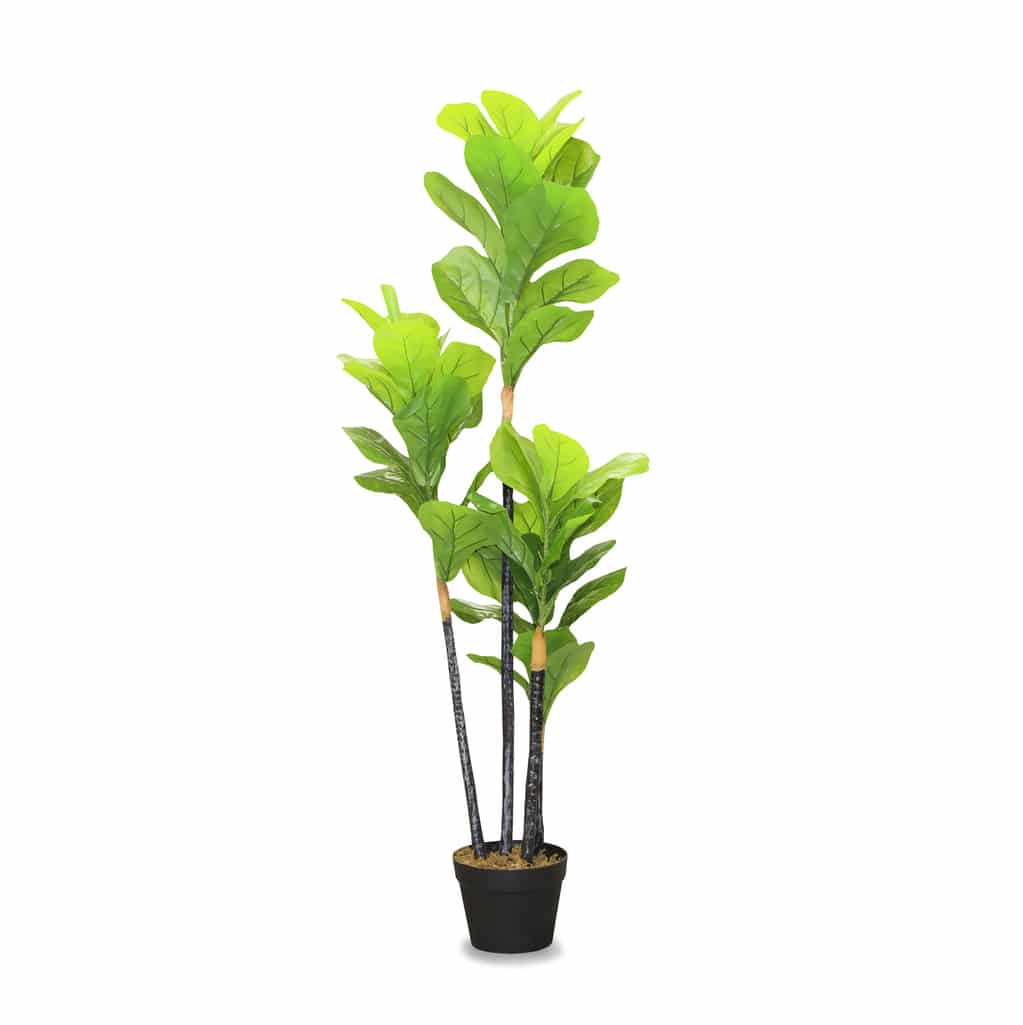
The RAIN of Self Compassion
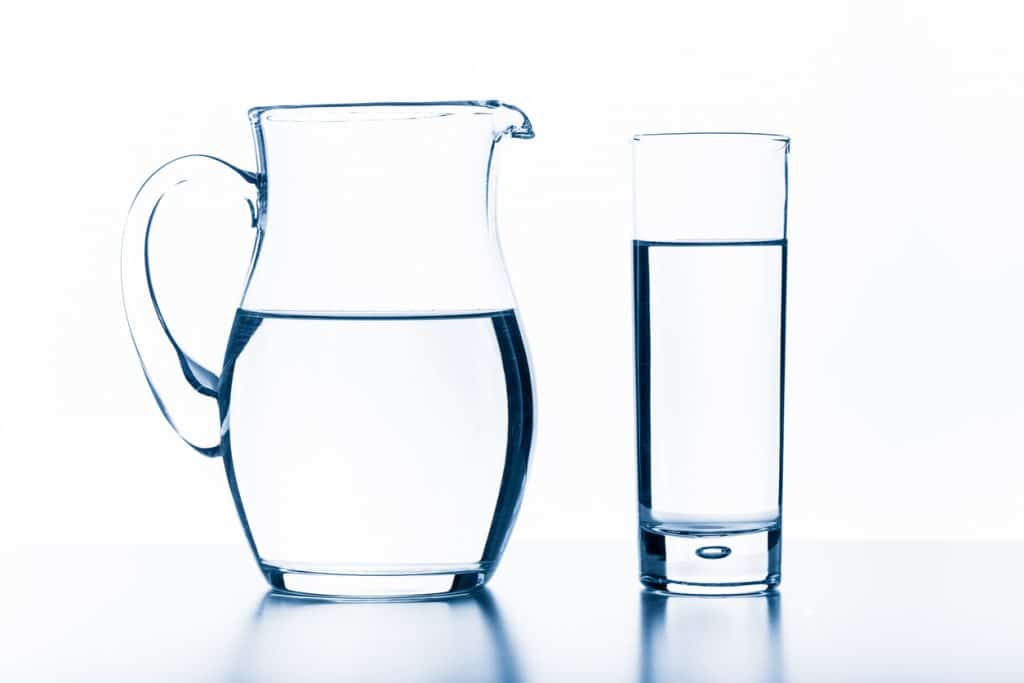
Guided Body Scan
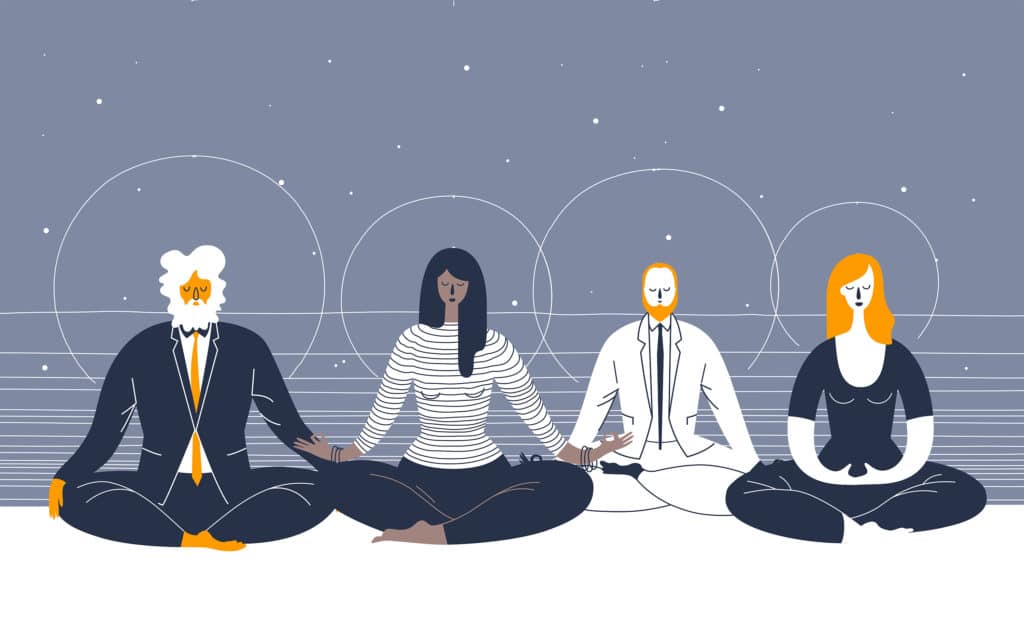
Getting Started with Mindfulness and Meditation
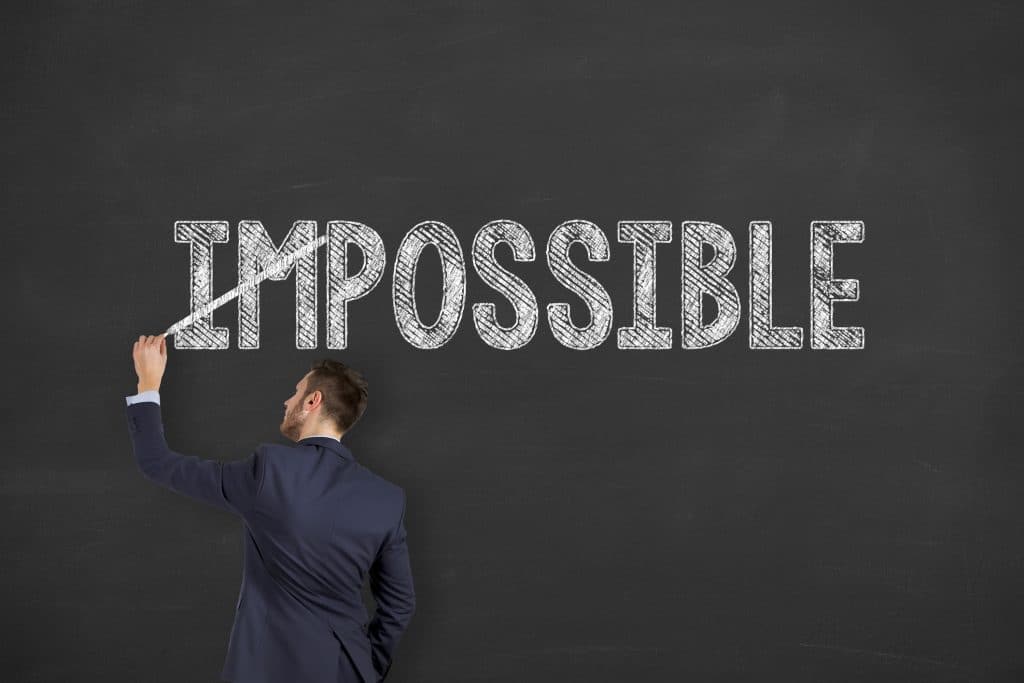
10 Ways to Build Your Resilience
More questions? VKRP provides support via the online chat feature when you are in the system, via email vkrp@virginia.edu, and via toll free 866-301-8278 ext. 1